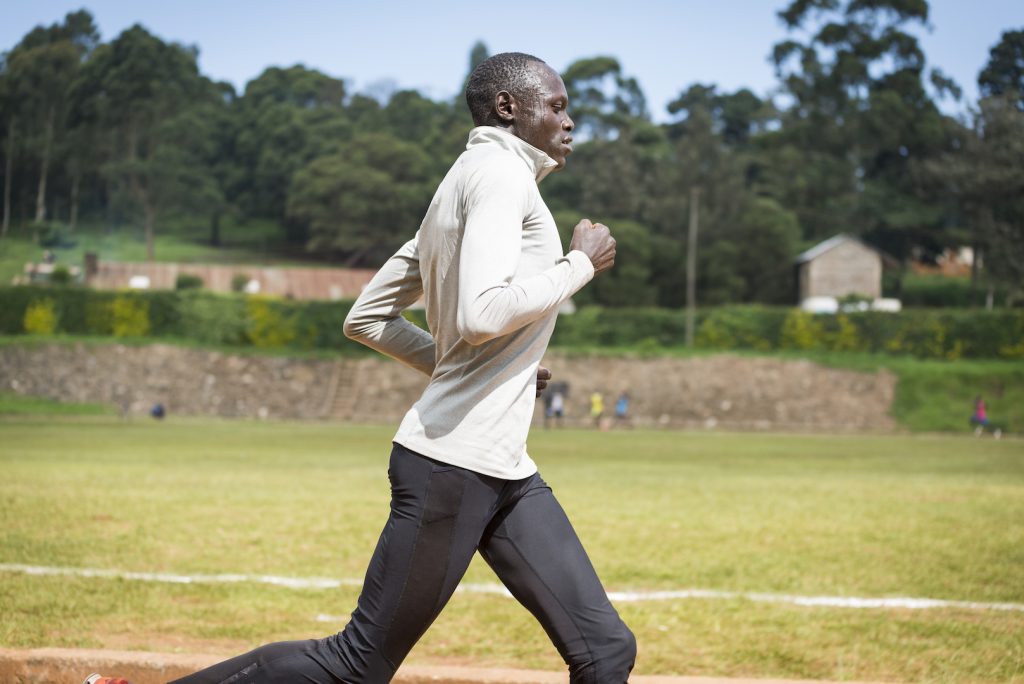There is something remarkable about the 2016 Rio Olympics. Amid a storm of doping scandals, revelations of corruption within the International Olympic Committee (IOC), and a wave of Zika virus panic that has caused a sizeable number of athletes to withdraw from the games, something beautiful needs to be highlighted: the first-ever team of refugees that will compete for glory at this year’s iconic games.
The team consists of ten athletes, who have each overcome unthinkable odds to make it to the world’s biggest stage. When they march onto the pitch at the opening ceremony this Friday, they’ll do so as a symbol of hope and resilience, representing millions around the world who have been displaced by conflict and persecution.
The inspirational Refugee Olympic Athletics team is made up of athletes from South Sudan, Ethiopia, DRC, and Syria. These are some of the members of the team and their incredible stories.
Paulo Amotun Lokoro – South Sudan
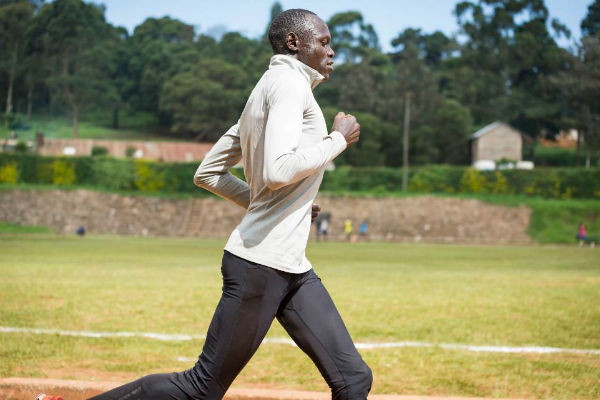
Paulo Amotun Lokoro used to be an ordinary teenager in rural South Sudan where he herded his family’s cattle. His world was perfect until civil war, with all its cruelty and fierceness, came and turned it upside down.
In 2004, the violence in his country drove Paulo’s parents to escape to neighbouring Kenya, leaving him under the care of his uncle. As the conflict grew, so did Paulo’s courage to flee. He eventually escaped the grip of the war in 2006 and reached Kakuma refugee camp on the fringes of northern Kenya, where he rejoined his mother. He attended school there and managed to rise above his circumstances
His selection to run in the 1,500m event in Rio has presented Paulo the ultimate opportunity to realise his dream of being an Olympic champion. The 24-year-old medium distance runner trains in Nairobi, Kenya.
Yolande Bukasa Mabika – DRC
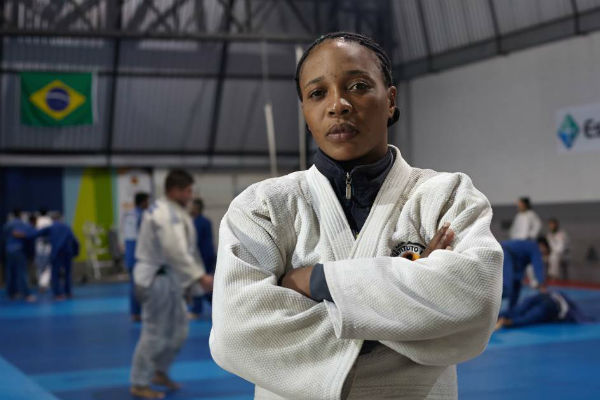
Yolande Bukasa Mabika hails from Bukavu, a city in eastern Democratic Republic of the Congo that was one of the hotspots during the country’s civil war from 1998 to 2003. Separated from her parents at a young age, she remembers little of what happened. The only memory that has stayed with her to this day is of her running alone in the forest and being picked up by a helicopter that took her to the capital, Kinshasa. Whilst living in a centre for displaced children, Yolande discovered judo.
At first, the 28-year-old adopted judo as a hobby and then soon realised that the sport actually did more than just help her pass time. She says it helped heal the pain of being separated from her parents at a young age: “Judo gives me a strong heart. I have been separated from my family for many years and that made me cry a lot.”
Anjelina Nadi Lohalith – South Sudan
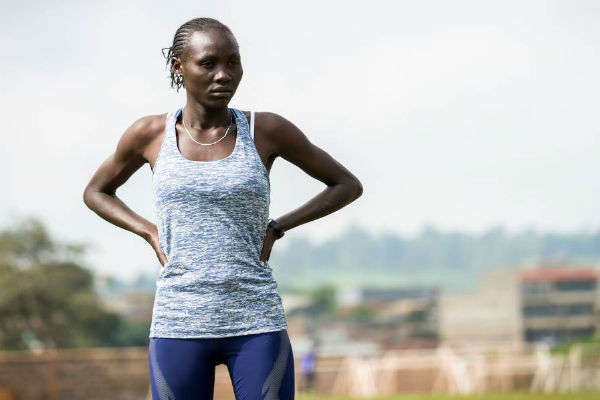
Fifteen years of separation from family is long enough to fill one with gloom and despair. But not Anjelina Nadi Lohalith. Instead, she sees all these long, agonising years as motivation to succeed at the Olympics so she can go back home and find her family. Now as she heads to Rio with her head held up high, her vision is clear: “My dream is to help my parents and help my father build a better house.”
Anjelina was among the many Sudanese children who left their country to find refuge in Kenya. She started taking athletics seriously after winning a string of school competitions at the refugee camp. After months of training with Kenyan Olympic marathon champion Tegla Loroupe, the 21-year-old is confident ahead of her 1,500-metre event in Rio.
Yonas Kinde – Ethiopia
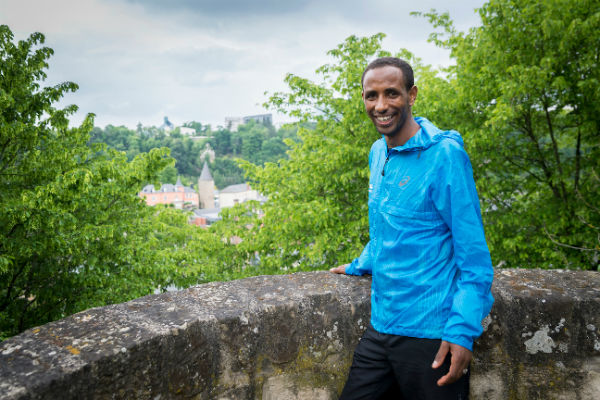
Yonas Kinde’s selection to compete at the Olympics is something that he treasures dearly. The Ethiopian marathon runner, who has been living in Luxembourg, Germany for the past five years, has won several races in Europe but has been unable to prove himself at major competitions due to his lack of citizenship. Now that he has the opportunity to showcase his talent at the world’s biggest sporting event, Yonas is determined to emerge victorious.
The 36-year-old left his home country in 2011 due to political and economic difficulties and has been under international protection in Luxembourg since 2013. He’s been taking French lessons while earning a living as a taxi driver.
Yiech Pur Biel – South Sudan
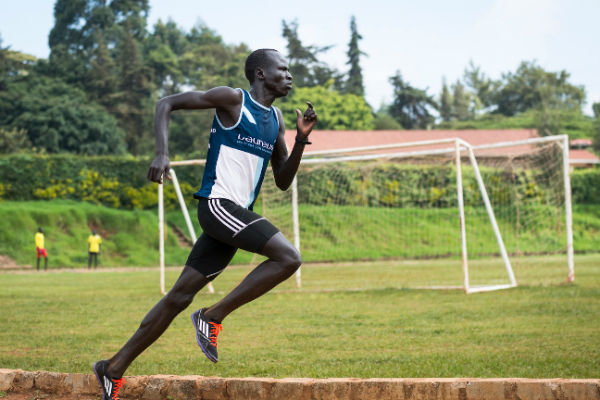
The 21-year-old Sudanese athlete only started running competitively over a year ago. Before pursuing his passion for the track, Yiech Pur Biel played football. Starting out with only a dream and an unwavering spirit of resilience, Yiech will compete in the 800m race at the Olympics.
As with all his teammates, Yiech’s journey has been a tough one. Forced to flee the outbreak of conflict in southern Sudan in 2005, he ended up in a refugee camp in Kenya. Having found solace in port, Yiech will use this opportunity in Rio to inspire others: “I can show to my fellow refugees that they have a chance and a hope in life.”
Rose Nathike Lokonyen – South Sudan
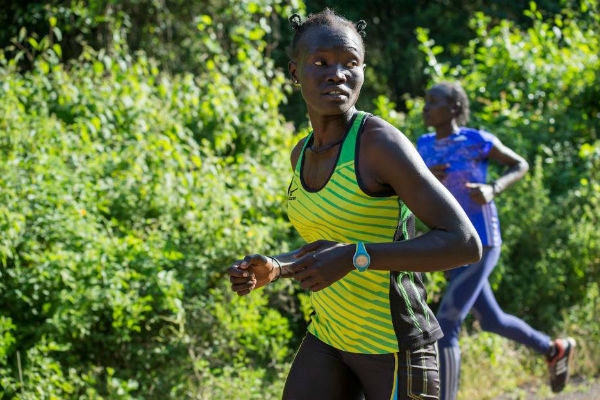
Thirteen years after running from soldiers in South Sudan, Rose Nathike Lokonyen will be competing in the 800m event at this year’s Olympic Games – an opportunity she aims to use to develop her career as an athlete and improve her family’s life.
While she has always loved running, the 23-year-old athlete only discovered the depths of her talent about a year ago when she took part in scouting trials held at Kenya’s Kakuma refugee camp, a home she shares with some 180,000 other displaced people.
Popole Misenga – DRC
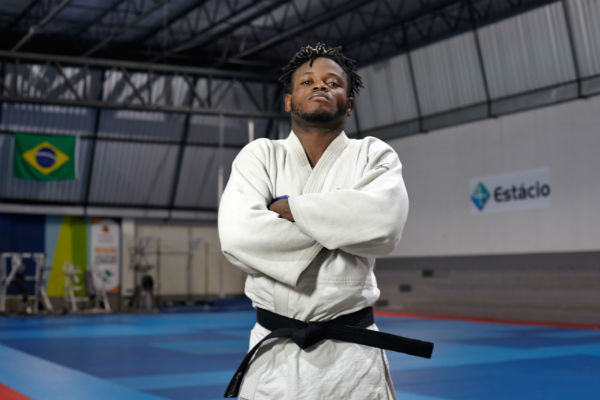
Popole Misenga lost everything when he was just a child. He was just nine-years-old when he fled fighting in his hometown, Kisangani in the Democratic Republic of Congo. Separated from his family, Popole, now 24, found himself alone in the forest, where he hid for eight days before being rescued and taken to a centre for displaced children in the capital, Kinshasa.
While there, he developed a passion for judo and ultimately made it to the national team. He, along with teammate Yolande Mabika, later settled in Brazil, seeking asylum in 2013 after the Judo World Championships.
James Nyang Chiengjiek – South Sudan
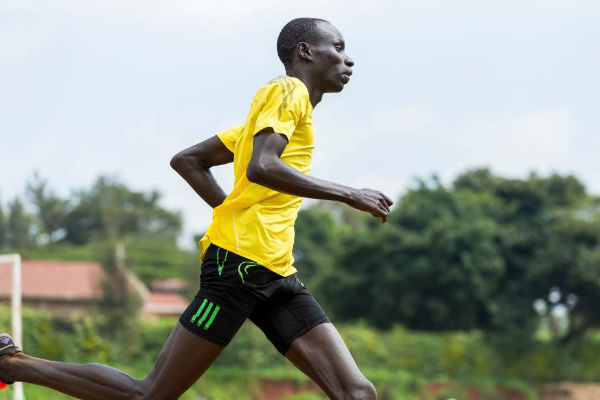
As the rebels were kidnapping children and turning them into child soldiers, James Nyang Chiengjiek knew that the only way to survive was to get out of Sudan. After fleeing at age 13, James had already lost not only his home but also his father who was a soldier in the civil war.
James landed in Kenya and attended a school where he trained with older boys who helped him hone his talent as a runner. The 28-year-old athlete has high hopes as he prepares for his 400m event in Rio.

